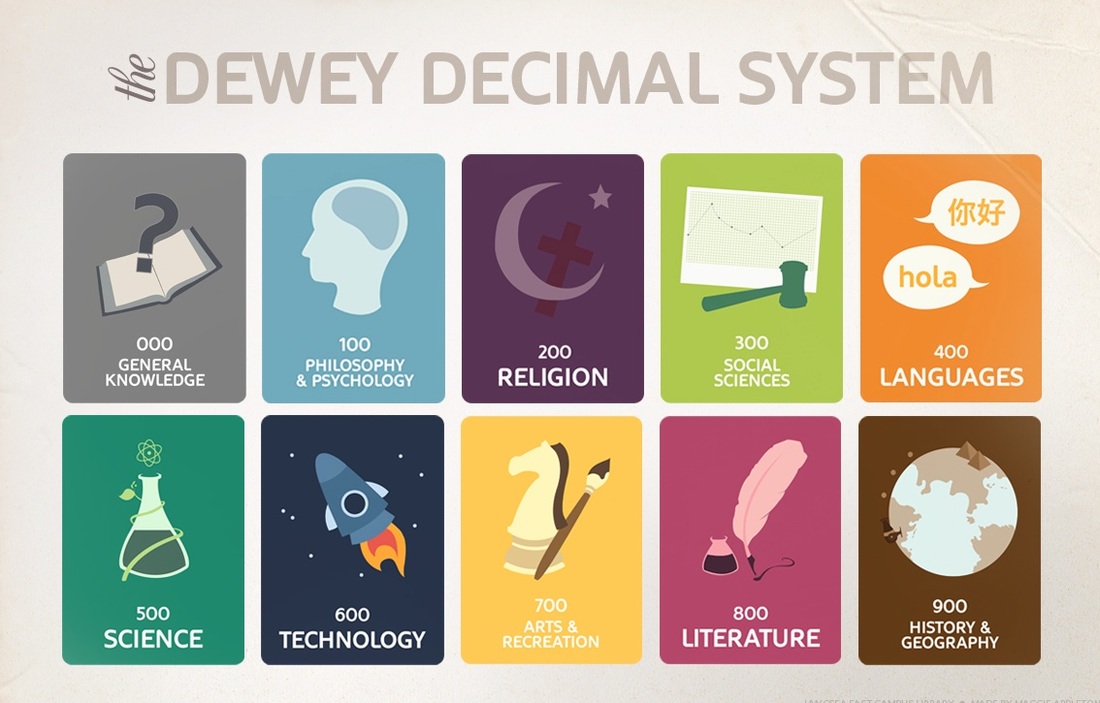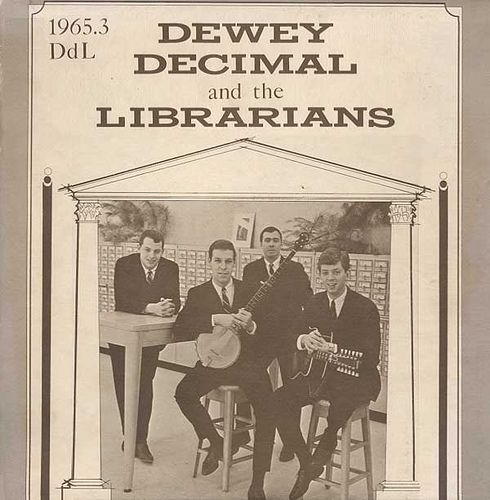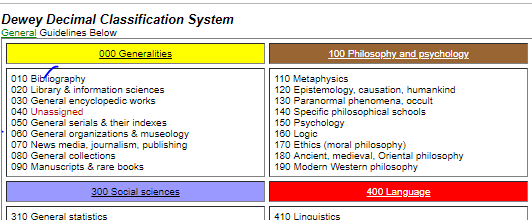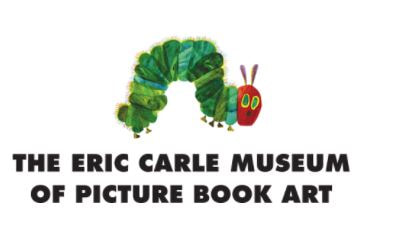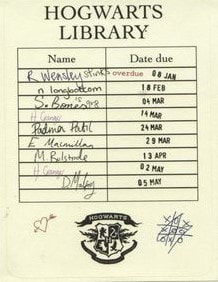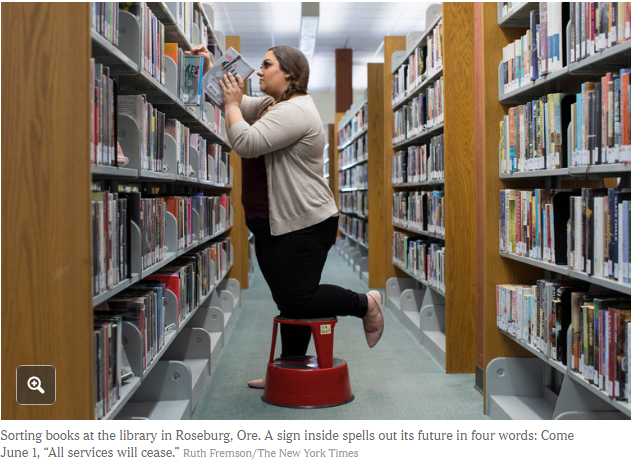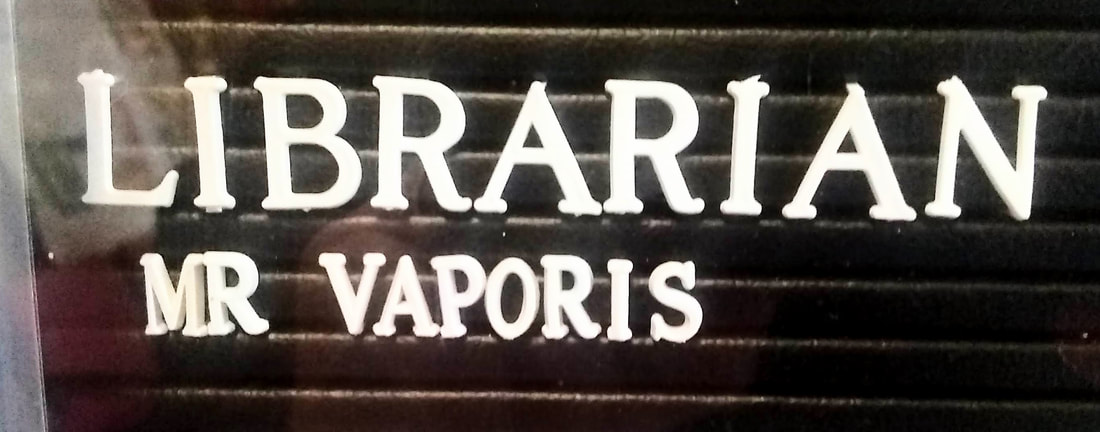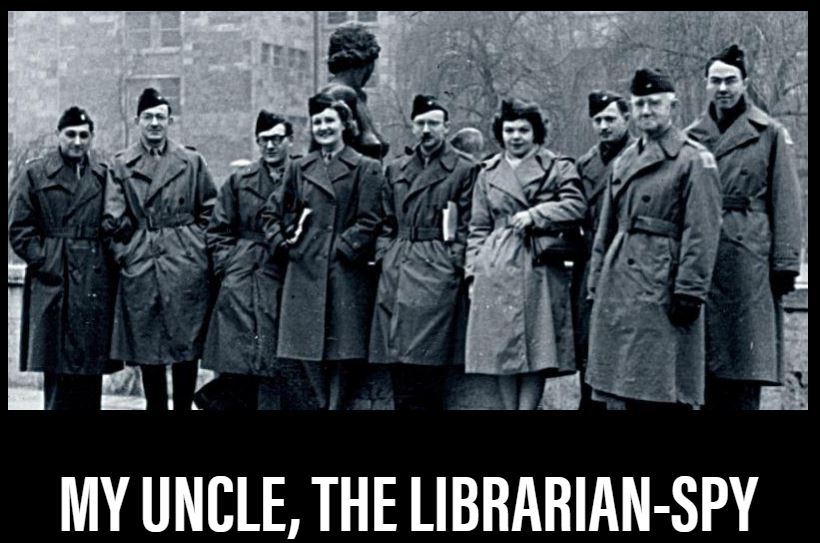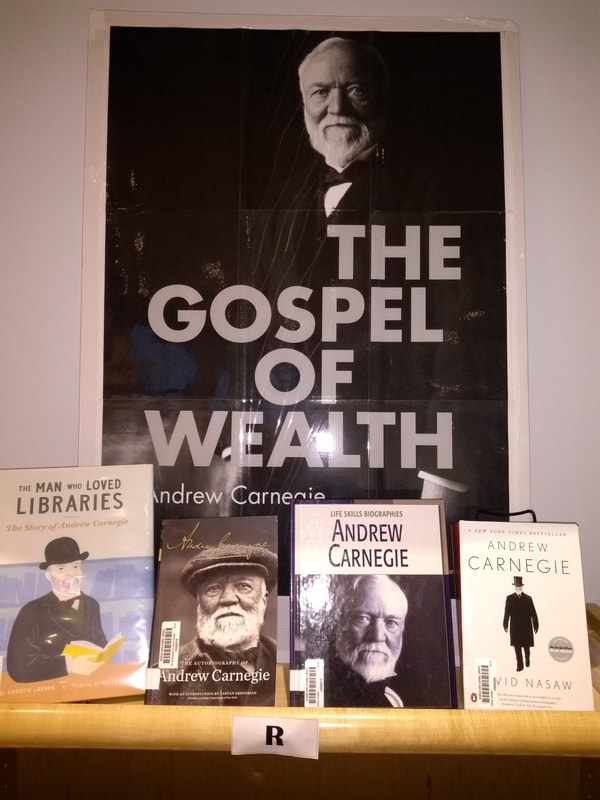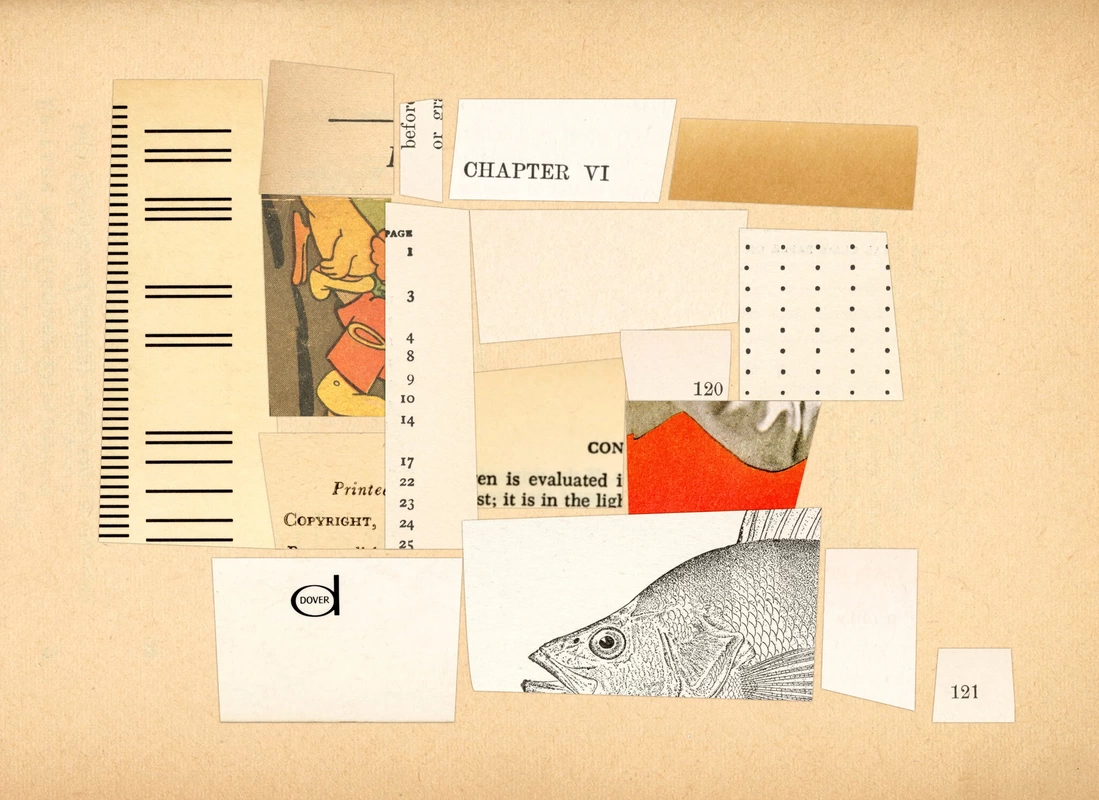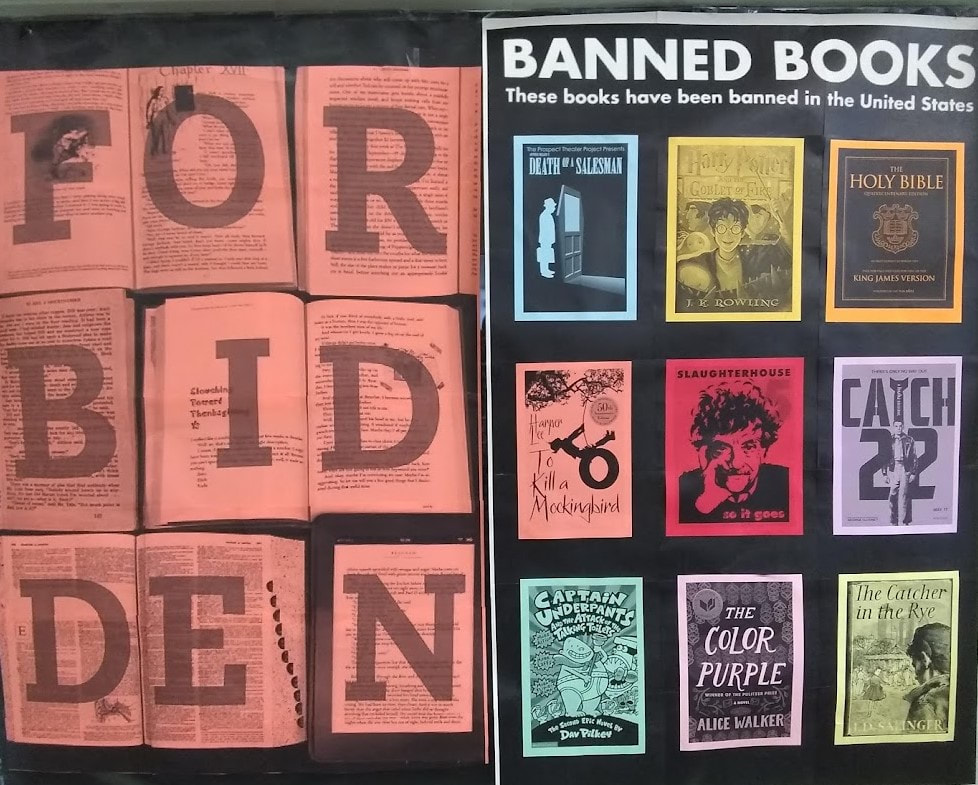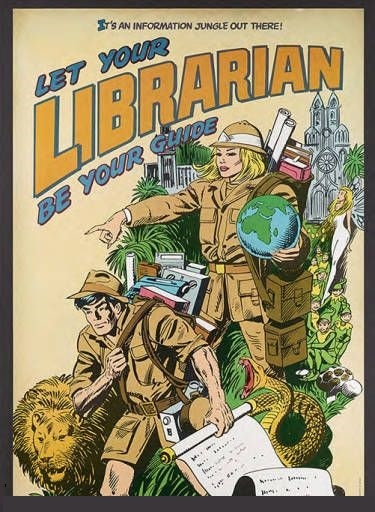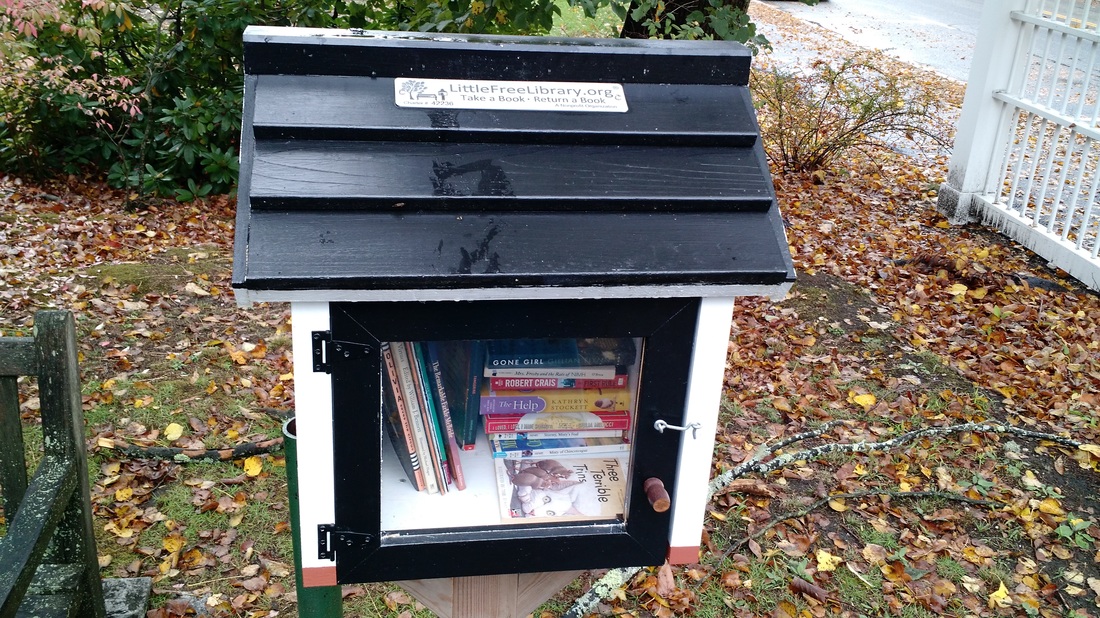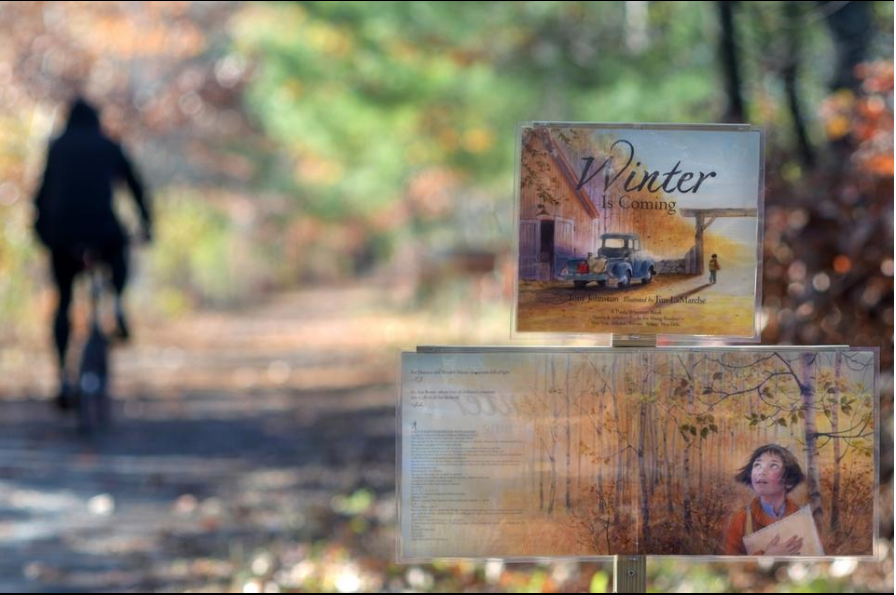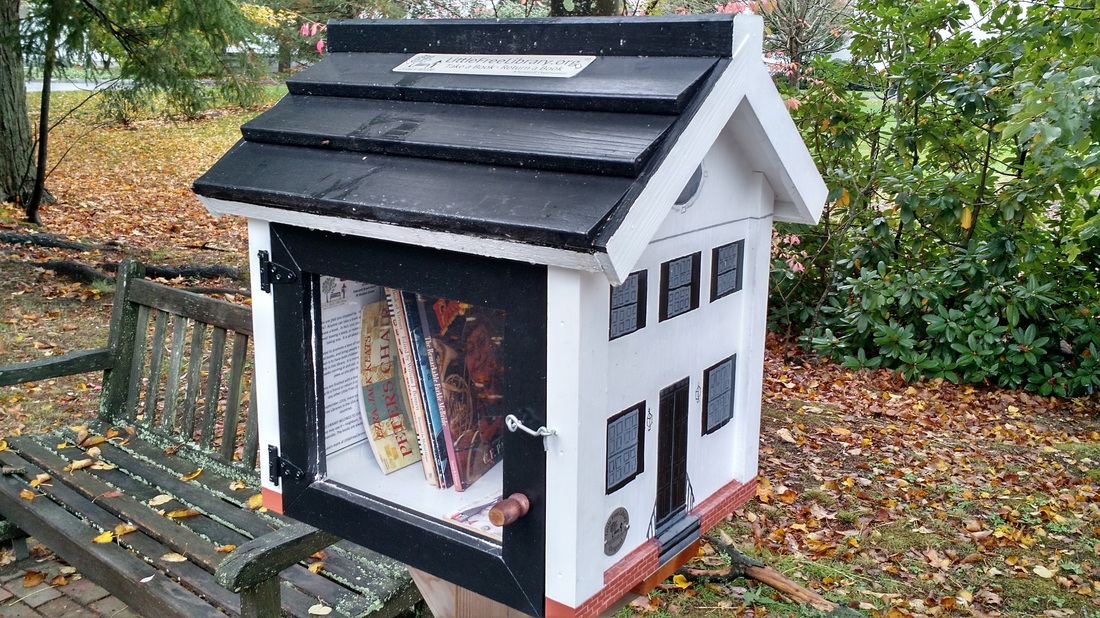Library Stuff
|
|
Even in today’s fractured digital age, libraries rank among the most popular and well-visited places in our cultural landscape. According to a 2019 Gallup poll, on average, U.S. adults go to the library nearly once a month, making library visits “the most common cultural activity Americans engage in, by far.”
|
You Sir, are Obsolete! You are a Librarian!The Saugus Middle/High School Learning Commons is a Dewey Library. That means that we take all the information in the world, and break it down into the 10 categories listed below...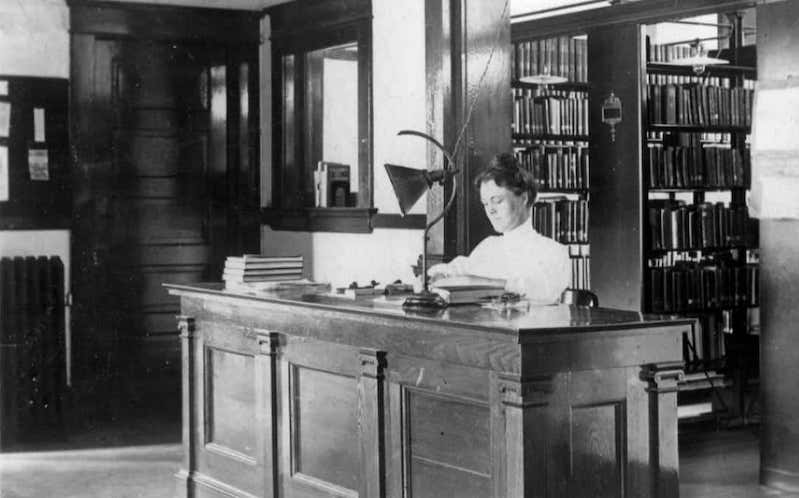
Compassion fatigue is taking its toll on librarians. Early retirements, compassion fatigue, and burnout: these are the issues that are currently affecting public librarians as they attempt to take on the work of caring for their visitors’ mental health as well as their day-to-day jobs, according to School Library Journal.
For many librarians, especially those that work in a city or school district with high-poverty rates, the support of students and community members is as much the work as being a librarian—this can mean taking care of children who are left at the library without food or supervision for hours while their parents work, extreme situations of helping with overdoses, as well as the regular interactions with people who are dealing with traumatic circumstances. Click here to read more..
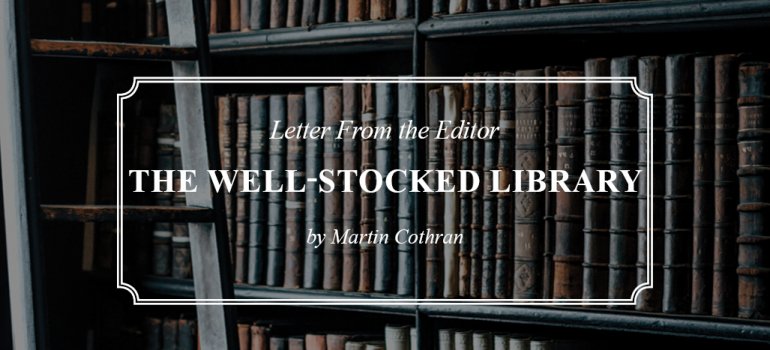
In his new book, Out of the Ashes: Rebuilding American Culture, Anthony Esolen contrasts what Western culture was and what it is now by asking us to imagine a library in an old manor house.
The lower half of this library would be stocked with books from modern Europe—”novels, collections of poetry, histories, biographies, travelogues, and so forth”—many of these in European languages other than English.
Here, too, we would find the classic books for young people—Robinson Crusoe, Treasure Island, The Jungle Book, along with maybe Peter Pan, The Secret Garden, and Winnie the Pooh.
But the upper half of the room—perhaps built higher than the rest and accessible by several stairs—would be home to more intellectual literature—works in ancient languages, Latin and Greek, and books dealing with philosophy, divinity, political constitutions, law, and natural science.
“It was the library,” says Esolen, “of a learned man interested in everything human and divine.” In fact, such libraries were not at all uncommon in cultured homes a hundred years ago. Most of the books Esolen mentions were familiar to anyone who was culturally aware, which was most people.
Esolen asks us to imagine what this library would be like today. The wheels in the channels of the ladder are coated with grime and mold. Rain has found its way through the neglected roof, and water is dripping from the ceiling. The books are mouse-eaten and mildewed.
There are a few signs of more recent life, but they consist of trunks of outworn clothing, tacky souvenirs from a trip to Disneyland, and several “glossy hardcover biographies of celebrities, like Elvis Presley and Jim Morrison.”
The great library is no more. It has fallen into disuse and disrepair. It is the victim of neglect by modern people who have not only forgotten the names of the authors of the Great Books, but who are in many cases no longer even capable of understanding them or appreciating their beauty of expression.
Meditate on this library, and ask yourself whether you do not see there the condition of our own culture, rich with neglected treasures—forgotten, junked up, misused.
Meditate also on what kind of person would have had such a library, and ask yourself why such people are so hard to find anymore. We have specialists today who could read and understand this or that book in such a library. But who is left who could read and appreciate all of them?
The only way to save such a library is to throw open the windows, repair the roof and ceiling, replace the damaged books, and perhaps add a few new things of demonstrable worth, while reassessing a few old things to see if they still hold up.
Our culture is like a library: It is either well-stocked with the classics or cluttered with trivialities. We could say the same thing about our own souls.
This is perhaps the central purpose of classical education: to reacquaint ourselves with our history and culture, and to throw open the windows of our souls to the best things that have been thought and said, and, while we’re at it, to get rid of some of the tacky cultural trivialities which now clutter our minds.
Both our real and mental libraries should be stocked with the timeless, not the trivial.
The Three Stooges - Swingin' The Alphabet (1938) |
As Everything Else Changes, My Dover Paperbacks Hold UpHidden Figures: Librarians
In my humble opinion, librarians are one of the most underutilized resources on college/university campuses. I know this from experience. As a graduate student, I only consulted librarians when I was in a bind or hit a brick wall… hard. I would have been spared a lot of headache and heartache early on in my graduate program if I had simply asked for the help I needed. Instead of seeking assistance from a trained information professional, I stubbornly spent countless hours searching for articles when it should have only taken me 20 minutes.
When I finally broke down and asked for guidance, the librarian was super helpful and showed me how to effectively (and efficiently) conduct searches. At the time, I did not recognize that there was a science (or method) to searching, but now I know better. At the University of Virginia where I work, there are over 200+ library staff located across the grounds with expertise in a variety of areas. For example, there are subject liaisons who are experts in English, music, physics, etc. There are also those who specialize in virtual reality, 3D printing, learning technologies, research and data services, rare materials, teaching and learning and so much more! Becoming acquainted with your college/university librarians is not simply a nicety. Instead, it is a necessity—especially if you would like to maintain your sanity and boost your scholarship. If you ever need help managing 200+ references for your thesis (FYI: many libraries offer citation management workshops!), identifying keywords that will lead to informational goldmines, or would like to utilize materials that are not currently housed at your institution, librarians know how to address these issues and more. It is in your very best interest to become acquainted with a librarian (or some librarians) at your institution and here’s why: To read on click here.. |
The Harvard Depository
Cold Storage from metaLAB(at)Harvard on Vimeo.
The Largest Library in the Universe - a whole planet devoted to books. Each continent on the Library Planet is a different subject. But, "hey.. who turned out the lights.." |
ho·mo·phone
ˈhäməˌfōn,ˈhōməˌfōn/ noun plural noun: homophones
|
“I wrote this story for you, but when I began it I had not realized that girls grow quicker than books. As a result you are already too old for fairy tales, and by the time it is printed and bound you will be older still. But some day you will be old enough to start reading fairy tales again. You can then take it down from some upper shelf, dust it, and tell me what you think of it. I shall probably be too deaf to hear, and too old to understand a word you say, but I shall still be your affectionate Godfather,
C. S. Lewis.”
C. S. Lewis.”
References
Dictionary.com. (2017). Homophone | Define Homophone at Dictionary.com. Retrieved from http://www.dictionary.com/browse/homophone
Klinenberg, Eric. "How Libraries Can Save the 2020 Election." The New York Times - Breaking News, World News & Multimedia, New York Times Company, 3 Sept. 2020, www.nytimes.com/2020/09/03/opinion/mail-voting-trump-libraries.html. Accessed 3 Sept. 2020.
